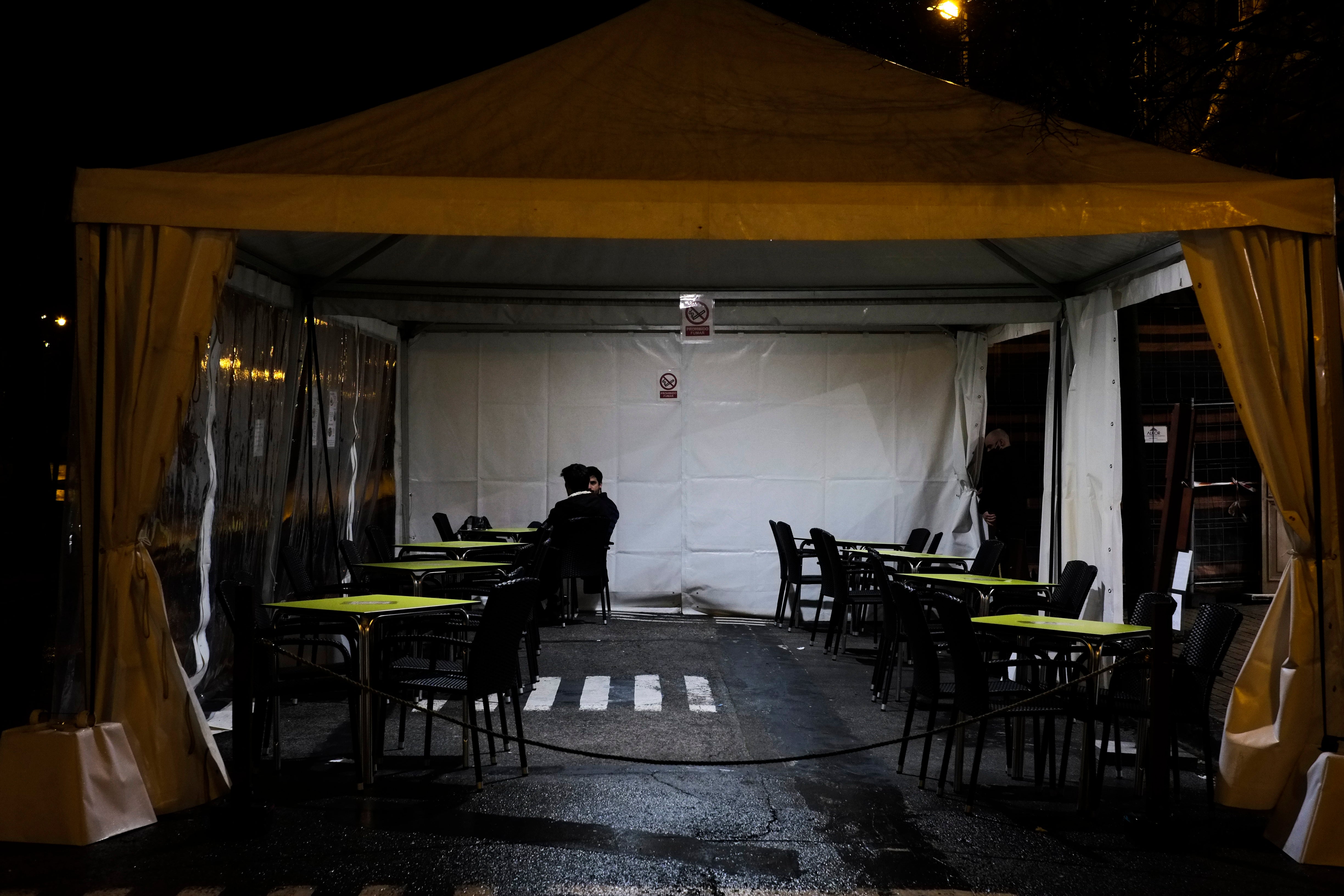Europe's jobless rate steady, but doesn't tell whole story
The jobless rate held steady in the eurozone in December at 8.3%

The unemployment rate was steady at 8.3% in December in the 19 countries that use the euro, as government support programs aimed at getting the economy through the pandemic continue to hold down layoffs — for now.
The jobless figure published Monday by the EU's statistics agency is up from 7.4% December 2019, before the pandemic caused governments to impose restrictions on businesses to fight the spread of the coronavirus.
While the fact that the unemployment rate rose only slightly during the pandemic is good news, economists say government support may only be postponing days of reckoning for many companies.
Meanwhile, Eurostat, the EU's statistics agency, again noted that the official rate does not count workers who stopped looking for a job during the unusual circumstances of the pandemic - for instance, to take care of children whose schools have been closed.
Governments are deploying programs that pay most of workers' salaries if they are put on short hours or no hours instead of being laid off. The idea is to get the economy through the pandemic without letting mass layoffs make the recession worse, or letting it slow the recovery through delays in finding and training new workers. The support also helps keep the pandemic from sapping consumer spending in shops, keeping them and the larger economy afloat as well.
The eurozone economy is estimated to have shrunk 7.8% in 2020; official figures are to be released on Tuesday.